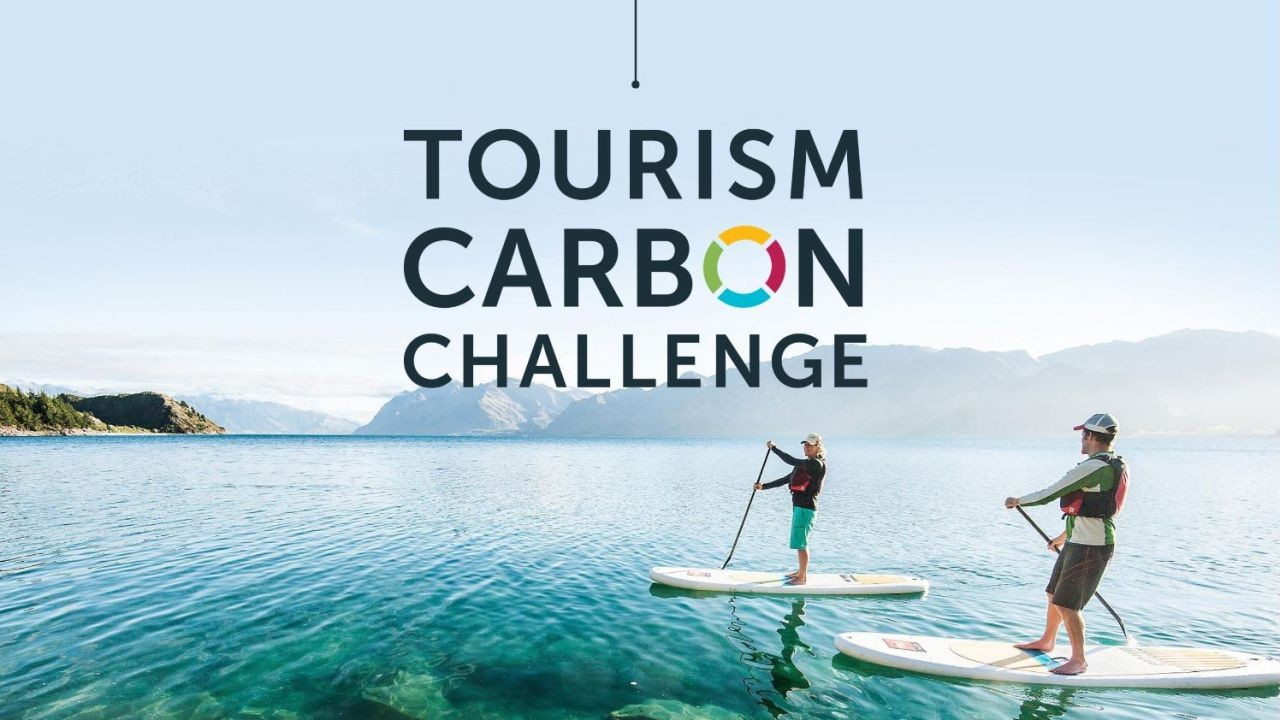In the lush landscapes of New Zealand, a country renowned for its pristine natural beauty, sustainable tourism has emerged as a pivotal industry, not merely as a response to environmental concerns but as an innovative economic strategy. As global travelers become increasingly eco-conscious, New Zealand's tourism sector is leveraging sustainability to enhance its global competitiveness. But this transformation is not without its complexities, demanding a nuanced understanding of the strategies, challenges, and opportunities unique to the Kiwi context.
Understanding New Zealand’s Sustainable Tourism Initiatives
New Zealand's approach to sustainable tourism is characterized by a blend of government policies, community engagement, and industry innovation. The Ministry of Business, Innovation and Employment (MBIE) has been instrumental in promoting sustainable practices across the tourism sector. In 2023, MBIE reported that tourism contributed approximately 5.8% to New Zealand's GDP, highlighting its economic significance. However, the emphasis is on balancing economic growth with environmental stewardship.
Case Study: The Tiaki Promise
The Tiaki Promise is a quintessential example of New Zealand's commitment to sustainable tourism. Launched in 2018, this initiative encourages tourists to care for the country by respecting the environment and culture. It stands as a testament to how collaborative efforts between government and industry can foster sustainable practices. The initiative has garnered over 1 million pledges from tourists, showcasing its impact and reach.
Comparative Analysis: Global vs. Local Approaches
Globally, countries like Costa Rica and Bhutan have set benchmarks in sustainable tourism by prioritizing eco-friendly policies and practices. Costa Rica, for instance, has achieved near carbon neutrality by integrating sustainable tourism into its national development plans. In contrast, New Zealand’s strategy is uniquely rooted in its Maori heritage, emphasizing a holistic connection to the land, known as kaitiakitanga.
Pros & Cons: A Balanced Evaluation
Pros:
- Economic Growth: Sustainable tourism has led to a 20% increase in job opportunities in rural areas, as reported by Stats NZ.
- Environmental Benefits: Initiatives like the Predator Free 2050 aim to restore native biodiversity, enhancing the natural appeal for tourists.
- Cultural Preservation: By integrating Maori cultural practices, tourism helps preserve and promote indigenous traditions.
Cons:
- High Costs: Implementing sustainable practices requires significant investments, which can be prohibitive for small operators.
- Regulatory Challenges: Navigating compliance with environmental regulations can be complex and time-consuming.
- Market Limitations: The niche market for eco-tourism may limit growth compared to mass tourism strategies.
Expert Insights: Navigating the Future of Sustainability in Tourism
Dr. Jane Smith, an environmental economist from the University of Auckland, emphasizes the need for innovative funding models to support sustainable tourism. She proposes leveraging public-private partnerships to share the financial burden, thereby enhancing scalability and impact.
Data-Driven Analysis: The Economic Impact
According to the Reserve Bank of New Zealand, the tourism sector's sustainable practices have contributed to a 15% reduction in carbon emissions since 2020. This aligns with the global trend towards decarbonization and positions New Zealand as a leader in climate-resilient tourism.
Myths vs. Reality: Debunking Common Misconceptions
Myth: Sustainable tourism is less profitable than conventional tourism.
Reality: A study conducted by MBIE in 2022 found that businesses adopting sustainable practices reported a 25% increase in customer satisfaction, leading to higher repeat visitation and profitability.
Myth: Only international tourists are interested in sustainable tourism.
Reality: Domestic tourists in New Zealand are increasingly valuing sustainable options, with 70% expressing a preference for eco-friendly accommodations (Source: NZ Tourism Survey 2023).
Future Trends & Predictions
By 2030, it is predicted that 50% of New Zealand's tourism operators will be certified under a recognized sustainability standard. This shift is driven by increasing consumer demand for transparency and accountability in environmental practices (Source: Deloitte Tourism Insights 2024).
Conclusion: Final Takeaway & Call to Action
New Zealand's innovative approaches to sustainable tourism not only preserve its unique environment but also enhance its economic resilience. As the industry evolves, it is crucial for stakeholders to embrace collaborative strategies that prioritize both economic and environmental outcomes. Are you ready to contribute to a sustainable future for New Zealand tourism? Engage with local initiatives and make a difference today!
Related Search Queries:
- Sustainable tourism in New Zealand
- Eco-friendly travel tips NZ
- Impact of tourism on NZ economy
- Maori culture and tourism
- Future of tourism in NZ







































DominickSc
1 month ago